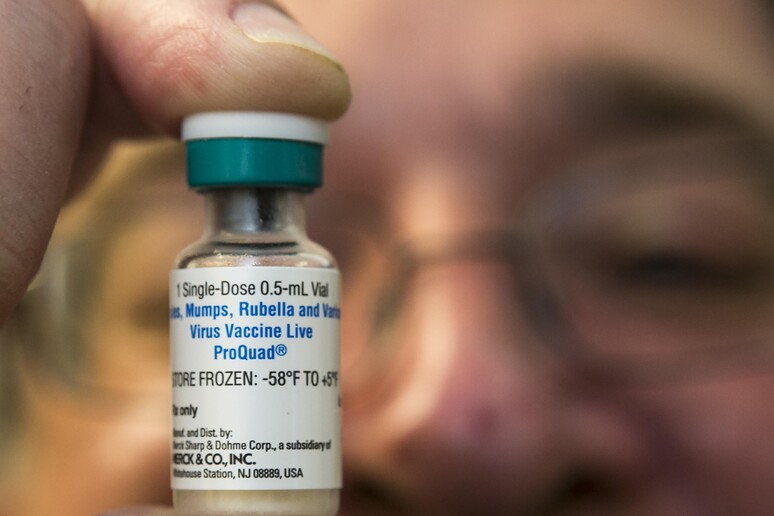In the United States, measles could become an endemic disease again within the next two decades. This is according to a new study by Stanford University epidemiologists, published in the Journal of the American Medical Association. The research estimates more than 850,000 cases, 170,000 hospitalizations and about 2,500 deaths over the next 25 years if vaccination rates continue to decline.
According to data updated to 2025, there have already been 800 cases of measles, the highest number since 2019. In 2024, there had been 285. Experts warn that the trend could worsen, especially in a political environment where vaccine misinformation is fueled by figures like Robert Kennedy Jr. who currently serves as Secretary of the Department of Health and Human Services (HHS) and is notoriously skeptical of vaccines and evidence-based health management.
To make the projections, the researchers used a computer model based on data specific to each U.S. state, including variables such as demographics, vaccine effectiveness, risk of virus importation and duration of infection. Current vaccination rates range between 88 percent and 96 percent, levels that may not be sufficient to maintain so-called herd immunity.
The study also confirms the high contagiousness of the virus: a single infected person can transmit measles to 12 to 18 individuals. “We’re really at a point where we should be trying to increase vaccination as much as possible,” says Mathew Kiang, assistant professor of epidemiology and population health at Stanford University and co-author of the study.












